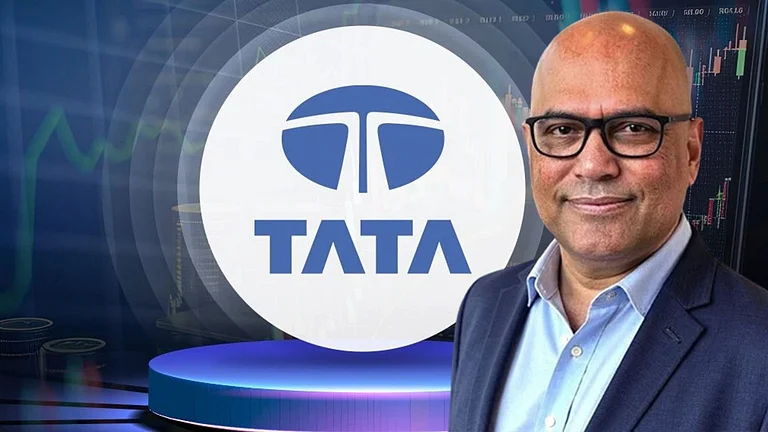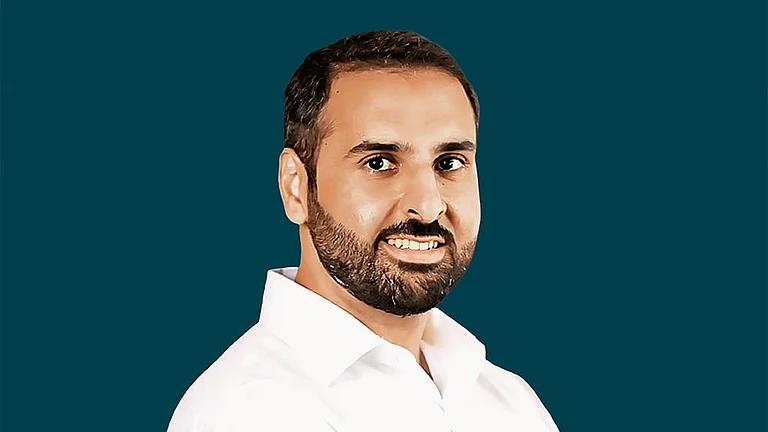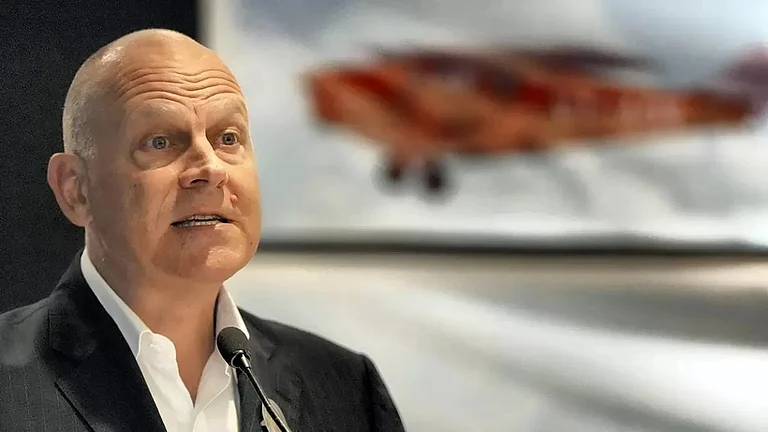The legacy of Tata Sons, one of the world’s most unique and revered family businesses, has undergone many transitions within its leadership. Over the years, the board has been guided by a blend of dedicated professionals, often referred to as ‘satraps’, and iconic family members like the late J R D Tata and Ratan N Tata, both of whom embodied the values and enduring spirit of the Tata group. The shift from family-led governance to a more diverse representation—encompassing extended family members, trusted community leaders and professional insiders like N Chandrasekaran—reflects a remarkable evolution of talent and trust.
Chandrasekaran, known affectionately as ‘Chandra’, brings an exceptional legacy from his tenure at Tata Consultancy Services (TCS) and has continued Tata’s tradition of nation-building through strategic investments. His leadership in fields like semiconductors echoes Tata's long-standing commitment to India's industrial and technological development. Unlike Ratan Tata, who while stepping away from operational roles, remained a revered chairman emeritus, Chandra’s role as executive chairman has cemented his influence in the group’s forward momentum. Now, in his second term, he leads with both insight and dedication, sustaining Tata’s tradition of purpose-driven leadership.
Notably, in 2011, Cyrus Mistry’s appointment marked the first instance in recent history of a chairman not belonging to the Tata family. Since then, the Tata Sons board has had no family representation—until now, with Noel Tata's recent appointment, a move that reintroduces family stewardship into the group’s governance.
Understanding the Essence of ‘Tataness’
‘Tataness’ is an elusive quality, difficult to define yet profoundly felt by those who have close, longstanding relationships with the group. My own experiences with Tata, particularly through interactions with former board member Farrokh Kavarana, have deeply influenced my understanding of this culture. Our informal meetings often featured a simple tea tray with pastries from the Taj, embodying a dignified grace and gentle humour that characterised our exchanges.
Even as a comparatively junior participant, I felt empowered to challenge ideas and engage in candid dialogue—a reflection of the trust and openness fostered within Tata. This atmosphere of honest exchange made each encounter memorable, imparting values of humility, grace and a shared commitment to responsibility. Such interactions resonate deeply, creating a legacy that is as personal as it is professional and one that I strive to emulate in my own leadership.
Beyond personal interactions, the Tata ethos is built on a powerful sense of purpose that extends well beyond business to embrace the well-being of people, animals and the planet. A symbolic testament to this is the recent renovation of Bombay House, which now features a kennel alongside a Starbucks, representing the group’s holistic approach to community care and its dedication to more than just financial returns. This ecosystem of purpose has been a central tenet of Tata’s philosophy, where profits and performance flow naturally from a foundational commitment to broader societal impact.
Noel Tata and the Continuity of Purpose
Noel Tata, now chairing Tata’s trusts, is a custodian of this legacy of giving back. His attention to detail and extraordinary listening skills reflects the essence of ‘Tataness’, guiding a dignified yet highly effective approach to leadership. The trusts under his stewardship continue the transformative work they have done for generations, ensuring that Tata Sons’ profits contribute significantly to meaningful causes across India and beyond.
In Noel’s leadership, one sees not only the continuity of the Tata legacy but a sense of assurance that his children, too, will carry forward this remarkable tradition. Within Tata, professionals are more than just employees; they are like co-owners, driven by a profound sense of responsibility and ownership towards both their work and the society they serve. This unique alignment between personal and professional purpose forms the backbone of ‘Tataness’, a legacy that promises to thrive and evolve in an era of renewed family involvement and responsible stewardship.
The author is a leadership expert and executive coach. Views expressed are personal.


























